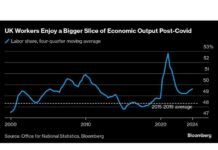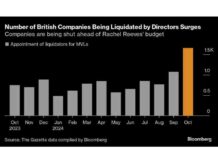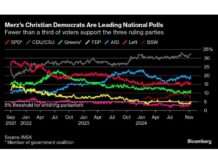Balancing the Trade-Offs of a Full Fat Budget: What You Need to Know
When it comes to managing your budget, there are always trade-offs to consider. Do you splurge on that fancy dinner or save the money for a rainy day? The same principles apply when it comes to your financial health.
In order to make informed decisions about your budget, it’s important to understand the different trade-offs involved. For example, choosing to spend more on high-quality, nutrient-rich food may mean sacrificing other luxuries in your life. On the other hand, opting for cheaper, less nutritious options could have long-term consequences for your health and well-being.
It’s all about finding the right balance that works for you and your financial goals. This means weighing the pros and cons of each decision and making choices that align with your priorities.
In addition to food choices, there are other trade-offs to consider when it comes to budgeting. For example, investing in a gym membership may seem like an unnecessary expense, but the long-term benefits to your health could outweigh the initial cost. Similarly, spending money on quality household items may save you money in the long run by avoiding frequent replacements.
Ultimately, the key is to be mindful of your spending habits and prioritize what is most important to you. By understanding the trade-offs involved in your budget decisions, you can make informed choices that will benefit your financial well-being in the long run.
So, the next time you’re faced with a budgeting decision, take a moment to consider the trade-offs involved. By finding the right balance for your needs and priorities, you can set yourself up for financial success and peace of mind.






















